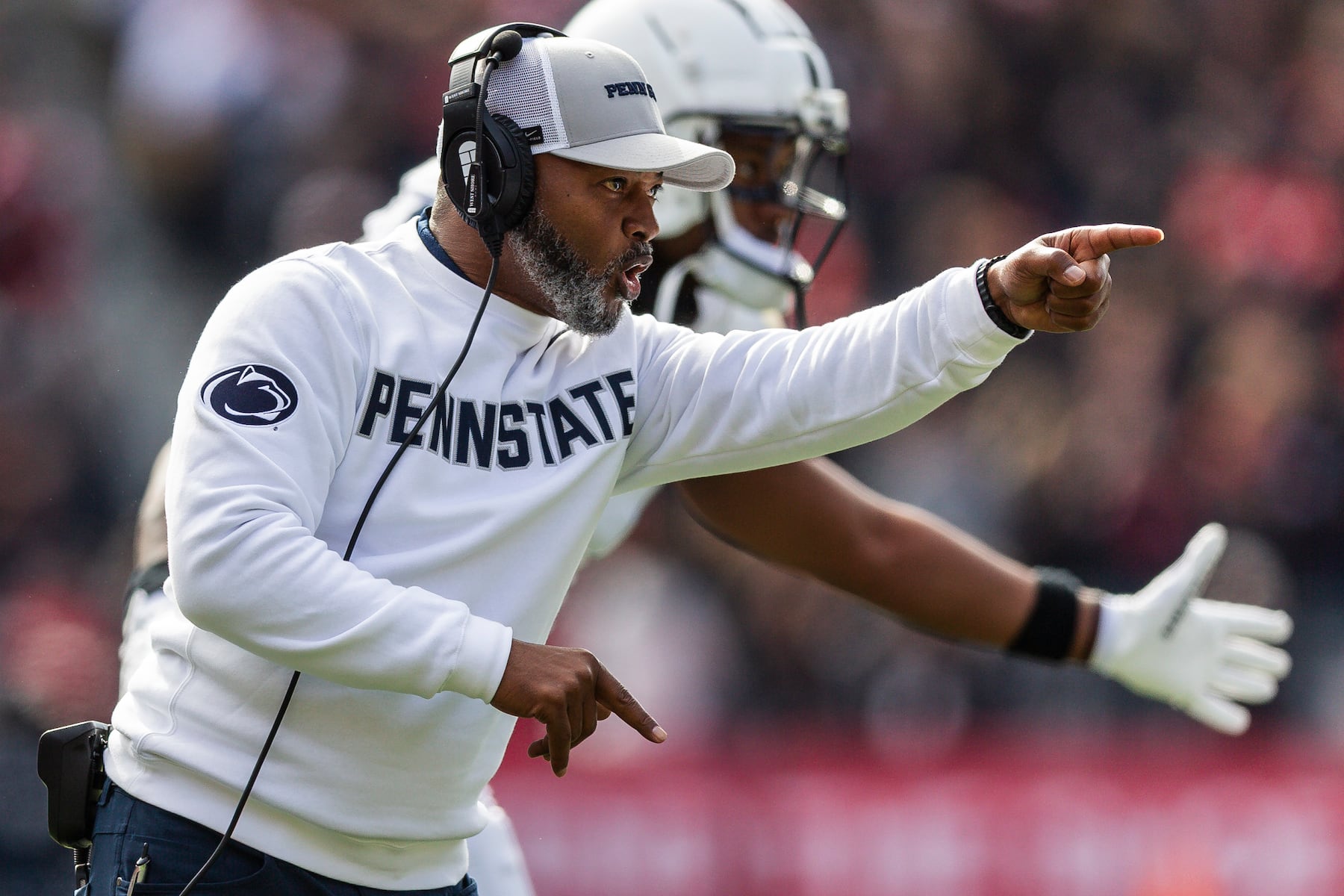UPDATE: A heated discussion is unfolding on Reddit as users weigh the financial dilemma of whether to pay off student loans early or save aggressively for a home. With the average interest rates for student loans ranging from 3% to 4.5% and current 30-year mortgage rates exceeding 6%, the urgency for financial clarity has never been more critical.
Respondents are urging the original poster to channel funds into savings or investments, potentially yielding returns greater than the cost of their student loan interest. The average annual return of the S&P 500 stands at around 10%, presenting a compelling case for investment over debt repayment.
Financial experts are now weighing in on this pressing issue. Zack Gutches, a certified financial planner and founder of True Riches Financial Planning in Denver, highlights the importance of creating an emergency fund. “That emergency fund is the foundation of your financial house,” he states, advising individuals to save up to six months’ worth of expenses before focusing on debt reduction or other long-term savings goals.
With many individuals concerned about balancing loan repayments with their housing aspirations, Gutches emphasizes the necessity of covering essential expenses like rent, utilities, and car payments. He suggests starting with manageable savings amounts and incrementally building a more substantial emergency fund.
Moreover, Gutches points out that those aggressively saving for a down payment on a home should prioritize high-yield savings accounts rather than rushing to pay off low-interest debt. “If the debt is weighing down your mental health, consider prioritizing its payoff,” he adds.
Jessica Smith, a CFP and co-founder of Vitality Wealth in Boise, Idaho, echoes this sentiment, urging individuals to assess their financial habits. If there’s a risk of spending the funds intended for savings, Smith suggests that paying off debt may be a better option. She warns, “If you’re just going to spend it, then the more optimal thing is to pay off the debt.”
Experts also propose a balanced approach: allocate funds toward both debt repayment and savings. “Often, we think of the decision as black and white, but for a lot of folks, you can do both,” Gutches explains. This strategy allows individuals to work toward dual financial goals without sacrificing immediate needs.
The discourse on Reddit highlights the diversity of personal financial situations. One person’s priority may be to save for a future home, while another might need to eliminate debt first. The critical takeaway remains that financial decisions should be tailored to individual circumstances.
As this discussion continues to evolve, readers are encouraged to consider their unique financial landscapes. The urgency of making informed decisions about debt and savings is more pressing than ever.
For ongoing updates on financial strategies and insights, stay tuned to platforms like Reddit, where users share experiences and advice on navigating these complex choices.
Official sources remind us that the decision to pay off loans or save is ultimately personal and can differ significantly from one individual to another. The dialogue is expected to continue as more people seek guidance on achieving their financial goals amid varying economic conditions.







